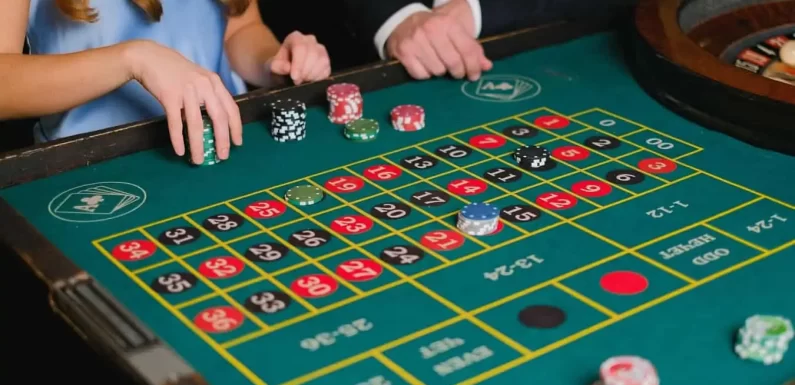
The study of gambling probability has been around for a long time, attracting the attention of some famous mathematicians throughout history. A popular example of the application of gambling probability theory is the “problem of points,” which revolves around the distribution of winning outcomes when an external event interrupts the game. In other words, the odds of a coin rolling in a casino are high compared to a chance of winning the lottery. There are various categories of outcomes that can be used in gambling probability.
In gambling, the standard deviation is the amount of variance, or variability, in the expected loss that is a function of number of rounds played. Moreover, the expected loss is exponentially proportional to the number of rounds played. It is important to note that the expected loss rises faster as the number of rounds increases. As a result, a large ratio of short-term standard deviation to expected loss may fool gamblers into thinking that they can win.
The mathematics behind gambling is not difficult, but a basic understanding of probability can help you enjoy the game even without knowing how to use mathematical formulas. Probability is simply a way to express the probability of an outcome. It can be expressed in a number of different ways, including percentages, odds, and fractions. All probabilities are numeric values that fall between 0 and one. This means that they are also expressed in terms of chance.
While gambling is a classic application of probability theory, the course goes beyond pure chance events. There are human factors at play. The players have expectations from the game, and use all the information they can gather to form gaming strategies. Therefore, the course uses gambling as a metaphor to explain probability. In gambling, the principles of utility theory are fundamental to the game, and they are widely applicable to many different contexts, including general lotteries, casino games, and other types of gambling.
While casinos make profits from the money they lose on winning bets, the fact that they have a mathematical formula to calculate their odds makes it possible to beat them. The math formulas for roulette, for example, show a 1/37 chance of winning a dollar bet. Online casinos are much easier to beat when it comes to gambling probability. With so many ways to make a bet online, a basic understanding of probability is essential to winning big.
If you want to know how much money you can win when playing a casino game, knowing about the statistical odds of each option will help you make better decisions than most people do. For instance, a coin toss has a fifty percent chance of winning or losing. As a result, the house edge is 25 percent. This means that winning is more likely to happen if a player is more fortunate. For these reasons, gambling probability is a critical aspect of casino games.

